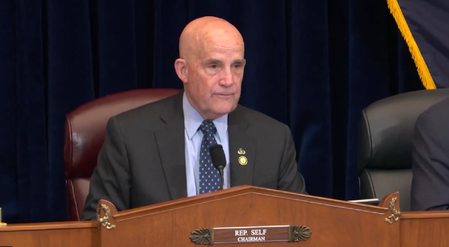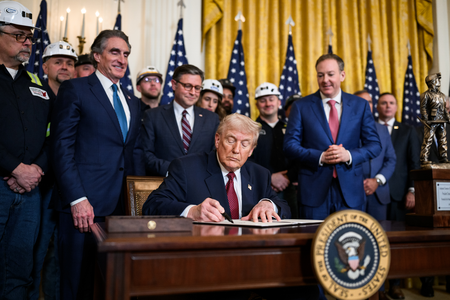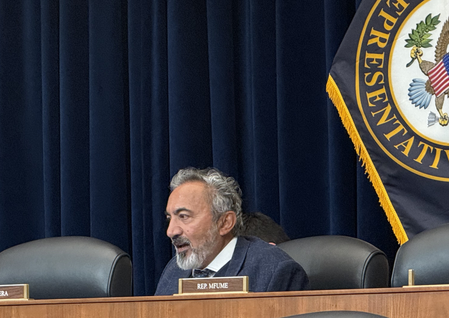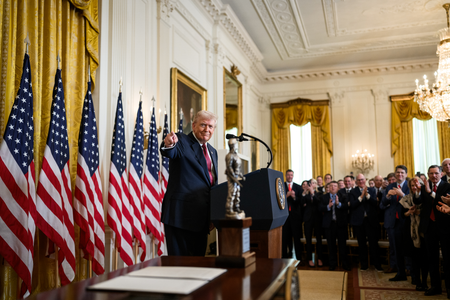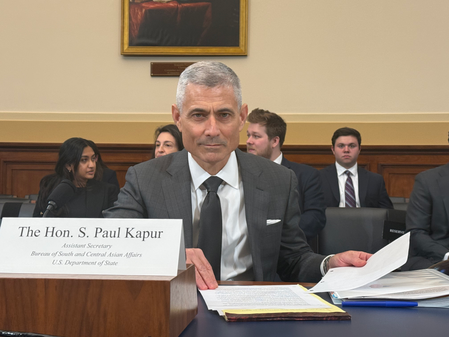
Hyderabad,30th April 2024 : Telangana’s auto-rickshaw drivers find themselves in the eye of a storm as the state’s policies wreak havoc on their livelihoods, according to recent statements by Harish Rao, a prominent political figure in the region. Rao’s remarks shed light on the struggles faced by this vital segment of the transportation industry and raise questions about the government’s approach to addressing their concerns.
Auto-rickshaw drivers, often hailed as the lifeline of urban and peri-urban transport in Telangana, are grappling with a multitude of challenges exacerbated by government policies. Rao highlights how these policies have led to devastating consequences for drivers, plunging many into financial turmoil and uncertainty about their future.
One of the key issues raised by Rao is the impact of the government’s regulations on fare structures and permits. Changes in fare regulations and permit requirements have placed additional burdens on auto drivers, making it increasingly difficult for them to sustain their livelihoods. The lack of consultation with stakeholders and the sudden implementation of these policies have only compounded the drivers’ woes.
Moreover, the rise of ride-hailing services and app-based transportation platforms has further intensified the competition for auto-rickshaw drivers. These tech-driven alternatives offer convenience and competitive pricing, posing a significant challenge to traditional auto drivers who are already struggling to make ends meet.
In addition to economic pressures, auto-rickshaw drivers also face social and safety concerns. Instances of harassment, violence, and exploitation are not uncommon, highlighting the need for measures to ensure the safety and well-being of drivers while they carry out their duties.
Rao’s statements underscore the urgent need for the Telangana government to reassess its policies and take concrete steps to support auto-rickshaw drivers. This includes engaging with stakeholders to understand their concerns, providing financial assistance and incentives, streamlining regulatory processes, and investing in initiatives to enhance the safety and security of drivers.
Furthermore, there is a call for greater collaboration between government authorities, transportation unions, and civil society organizations to develop holistic solutions that address the systemic challenges faced by auto-rickshaw drivers.
As Telangana strives for economic growth and development, it is essential to ensure that no segment of society is left behind. Supporting auto-rickshaw drivers, who play a vital role in the state’s transportation ecosystem, is not only a matter of economic importance but also a moral imperative. The government must heed the voices of the drivers and take proactive measures to alleviate their plight, fostering a more inclusive and equitable society for all.



